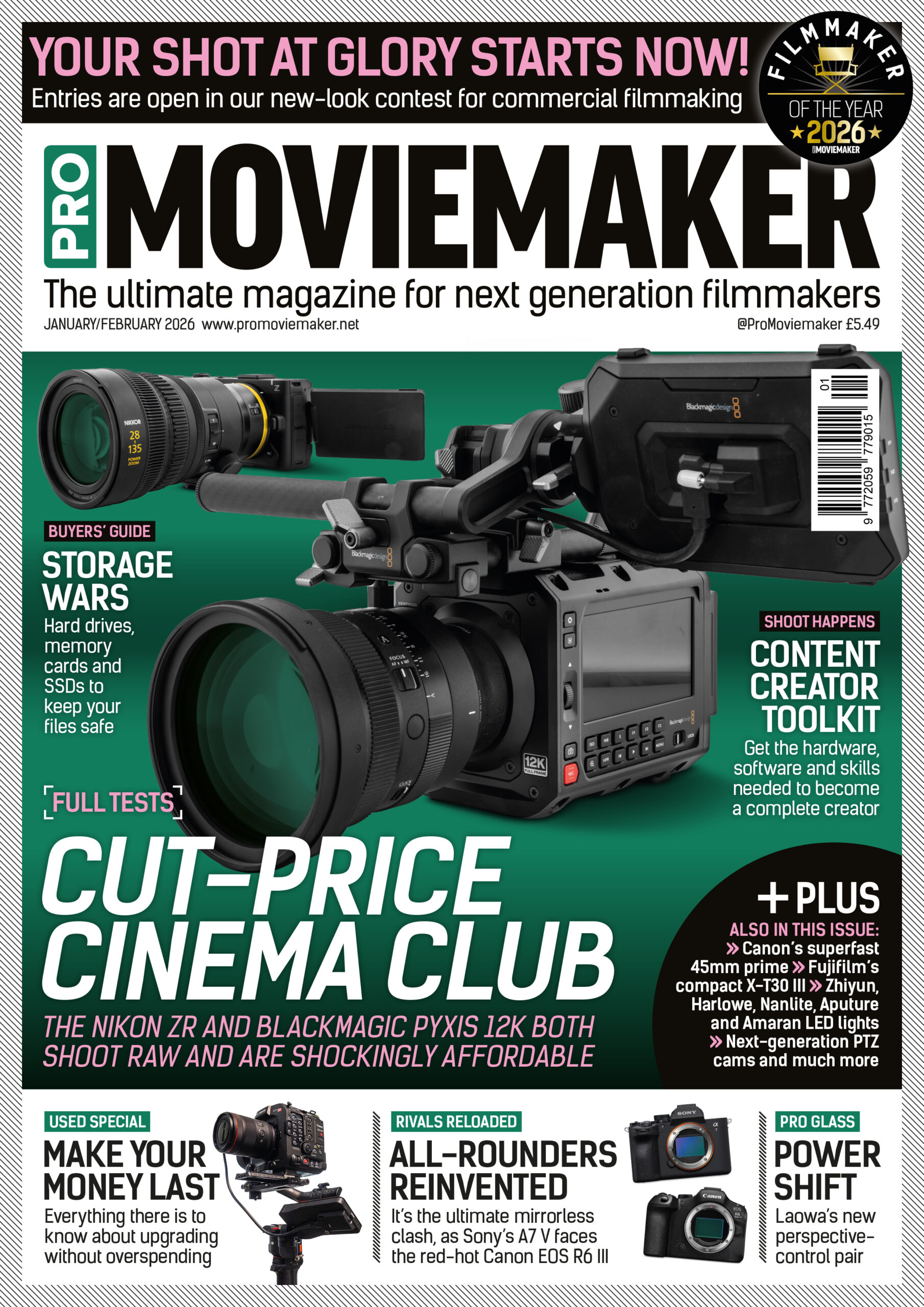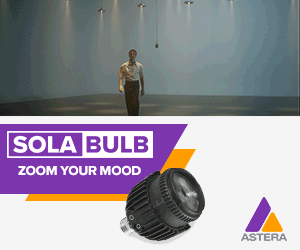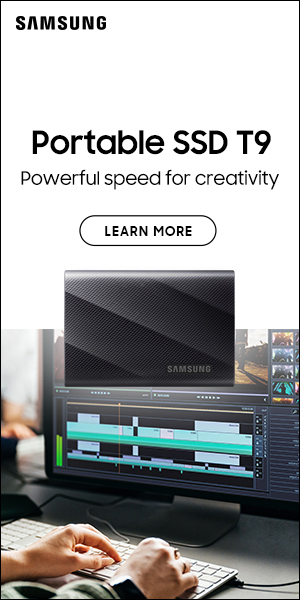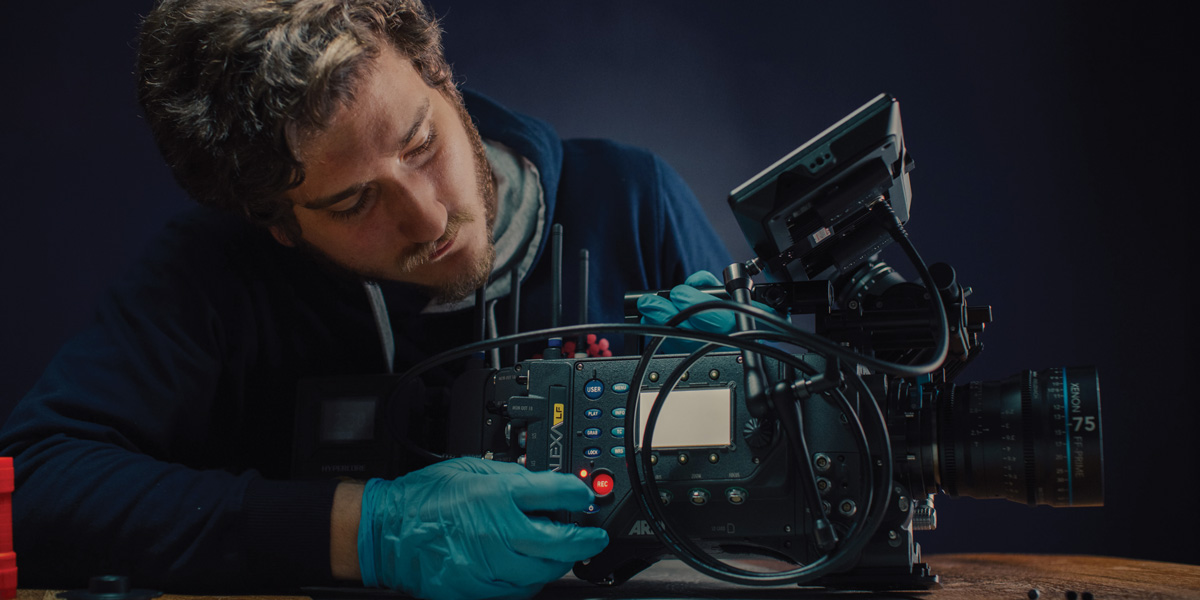
The Rise of Recommerce
Posted on Jan 30, 2024 by Samara Husbands
Buying second-hand is a booming market – and a sure-fire way to save on high-end camera gear
Advertisement feature
Even if business is booming and cash is flowing nicely, it makes shrewd financial sense to keep a close eye on costs. Even if you can afford it, buying the very latest cameras, lenses and all the other kit is vastly expensive, will lose its value rapidly – and it’s money you could invest elsewhere to drive more growth or save for a rainy day.
And it just doesn’t feel very ‘now’ to be splashing the cash – or worse, flexing the plastic – on new gear and squirreling your old kit in a cupboard just in case.
It’s far better for you and the planet to recycle your old kit to let someone else use it and invest the money in nearly new but still used equipment that will reliably do the job you need.
If you are like most indie production companies, who aren’t swimming on spare cash, being more frugal in running the business is a key skill that too many gearheads fail to understand.
Even if times are good and you need to staff up or splurge on more kit, buying brand new can cripple the cash flow. And that means you could be out of business quickly.
Second-hand, first choice
A recently conducted survey of 6000 households across the UK, US, France and Germany – commissioned by used camera specialist MPB and carried out by Retail Economics – reveals that more than 70% of consumers bought or sold used in the past year, with the market set to grow almost 80% by 2028.
Everything from part-exchanging your old iPhone for a newer model to chopping in a laptop, tablet, designer watch or mirrorless camera is now more common than ever and growing. This market for used goods has been christened ‘recommerce’ as consumers choose to shop more sustainably and respond to the rising living costs.
Surprisingly, it’s not lower-income families driving the trend. Higher-income households are having the biggest impact on these fundamental consumer choices. Those with an annual income of £80,000 or more are twice as likely as low-income households to have bought and sold used items over the last 12 months.
Millennials are at the forefront for used goods with 84% of those aged 30 to 44 saving money by purchasing this way. And it’s the obvious cost savings which are a primary motivating factor, with sustainability concerns ranking second.
Although fashion remains the single most popular category for recommerce, homeware and technology make up around a third of all used buys. In the technology sector, online remains the most popular channel for recommerce.
Nine in ten people typically use online when purchasing used goods, while 93% go online to sell rather than turning to methods such as car boot sales or camera fairs.
“There is a wealth of video equipment with fantastic manufacturing quality that is built to last. Used models cost on average a third less than the same model brand new – and the emergence of specialist online platforms ensure that buyers and sellers are entering into transactions that they can trust,” says MPB’s CEO Matt Barker. “Buying and selling used is a win for your wallet and the planet alike, and putting more items into the circular economy is a win for the next owner too.”
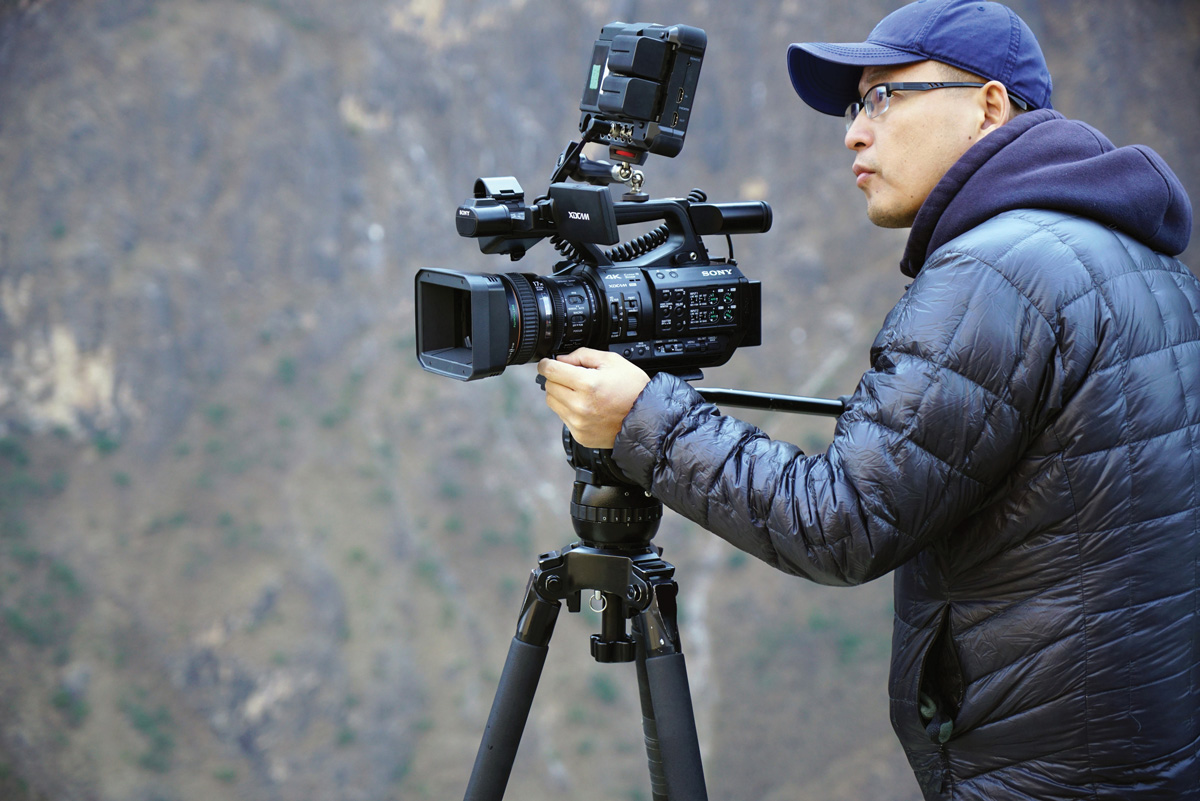
If you really do need the latest and greatest model and nothing else will suffice, you may be surprised that these often turn up in the used market not long after launch. They will be in high demand, but you can save cash.
But to save serious money, you might not need the latest 8K sensor, Raw footage, 240fps slow motion or live streaming. So a previous-generation model is a sensible buy and you will avoid huge depreciation.
Some cameras stand the test of time better than others, but lenses can give excellent service for many a decade – without the need for an upgrade. Do your research and choose the right gear. Perhaps check out back issues of Pro Moviemaker online, as they are a free resource and we have tested most of the important cameras for almost a decade.
When buying, look carefully at the condition of the camera, which may have had a tough life at the hands of a working filmmaker. Try to pick up a pristine model which has been babied by an amateur user. And check the hour meter on a camcorder to see how long it has been used for.
You can go for a private sale from Ebay, Craigslist, Gumtree or Facebook Marketplace, but it will be ‘sold as seen’ and you might well have little to no comeback if you discover a fault.
If you own cameras to make a living, that’s too much of a risk and is time-consuming. And remember, time is money. It is far better to go with a reputable dealer who will have checked the kit over for problems.
Some of the big camera retail groups like Camera World, Park Cameras and London Camera Exchange in the UK, and B&H and KEH in the US, often have lots of lightly used DSLR and mirrorless cameras and lenses in remarkable condition.
Pro video firms like CVP and Wex have lots of used video cameras, specialist lenses and video accessories, and often ex-demo or showroom models that have done little or no work. But the leader in used video and stills kit is MPB, with an easy-to-use website where you can not only buy kit but also sell off your old gear to help fund your next purchase.
While many retailers don’t take used gear in part-exchange, or offer a very low price for it, MPB provides a worry-free way of moving on your equipment without the hassle and risk of private buyers.
MPB has the biggest inventory of used equipment, with a detailed description of its condition and what it includes. Buying used from a specialist is simple and you can save a lot of money compared to new.
Bidder sweet symphony
The adrenalin rush of bidders at a live auction may be music to some, but bagging a bargain needs careful research.
If your heart desires exotic kit that’s hard to find, like a Cooke or Arri lens, then buying used means you might actually be able to afford that dream purchase.
These incredible lenses are often sold in complete sets, but rarely appear at dealers or general auctions. However, they do come up at specialist auctions where high quality of bidder is guaranteed.
Perhaps the best-known specialist in exotic lenses and camera kit is UK-based Special Auction Services, which often has listings for rare lenses at attainable prices.
There has been an increase in the interest for high-end cinema lenses, and SAS recently sold a set of Cooke Speed Panchros. Many of the older lenses are converted for use on digital SLRs and mirrorless cameras, so will fit on the majority of cinema cameras too.
But beware, these lenses are fully tested and guaranteed as if you were buying from a used dealer. And don’t be surprised when there’s lots of money to add on to the price when the gavel falls.
Originally published in the Jan/Feb 2024 issue of Pro Moviemaker.



